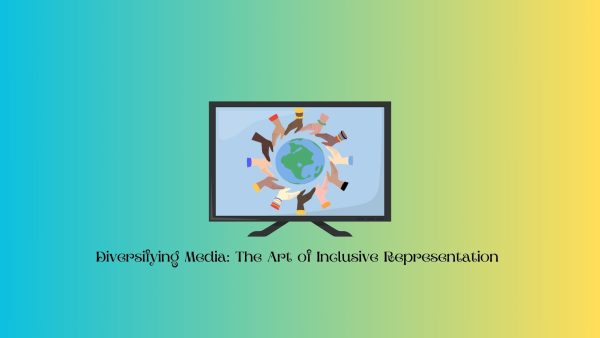Stoicism: A Secular Path to Enlightenment or a Trendy “Fad Philosophy?”
January 23, 2023
Man’s search for meaning in life has been followed throughout history as the emergence and decline of theistic religions such as Christianity, Judaism, and various types of Animism, as well as secular philosophies like Existentialism, Nihilism, and Objectivism.
One type of secularized philosophy is gaining popularity, despite its origins in Hellenistic Ancient Greece and Rome: Stoicism. This is not the practice of being “apparently or professedly indifferent to pleasure or pain,” rather it is the embodiment and perfection of virtues such as constant improvement.
According to a writer for Psychology Today, “Ancient Stoicism was a wide-ranging philosophy synthesizing many ideas about the nature of the universe, ethics, and psychology.” Encyclopedia Britannica defines it as “urging participation in human affairs…to provide a mode of conduct characterized by tranquility of mind and certainty of moral worth.” Put simply, Stoics aim to achieve inner peace and self-assurance by intentionally prioritizing ethical actions in daily life, and the religious component is either embraced or overlooked.
Especially among young males, there is a renewed interest in humorous self-improvement websites, blogs, and social media influencers. Whether it be more intellectual advice from Professor Jordan Peterson, controversial publicity stunts from Andrew Tate, or even renewed interest in foundational television personalities like Bob Ross or Mr. Rogers, young Americans are teaching themselves their own opinion of the right way to live.
Some say that young men are in crisis, whether it be the New York Times referring to an “aspiration gap” between males and females causing less men to reach for higher education, or the National Review stating that the cultural obsession with “toxic masculinity” is producing “more violence-prone men.” Themes in society like these have led to a widespread identity crisis that leaves people grasping for meaning.
Secular or not, and for better or for worse, self-help has evolved from the unusual artwork available on wikiHow and black and yellow covers of For Dummies books, to hyper-sensationalized social media posts.
One Instagram account with 109k followers “The Stoic Rebel” has the Marcus Aurelius quote “Waste no time arguing about what a good man should be. Be one.” in the bio. The posts range from daily to weekly, and almost all consist of philosophy in “meme” format.
Another one called “Daily Stoic” has 1.8 Million followers, and is run by New York Times bestselling author Ryan Holiday. In this modern age of receiving information in short, hyper stimulating bursts via reels, Holiday and “Daily Stoic” have popularized bite-sized philosophy.
In a Forbes article, Holiday defines “a philosophy designed to make us more resilient, happier, more virtuous and more wise–and as a result, better people, better parents, and better professionals.”
Just like mental health apps Calm and Headspace, people are using social media to make aesthetically pleasing (albeit different aesthetics) reminders to be better in their daily lives. Some make colorful posts with bible verses, others overlay stoic quotes over images of people they would like to emulate.
However, some people insist that these desperate attempts to find meaning are in vain.
Mr. Hay (Staff), who is a bible teacher on campus, agrees with the statement that those who push secular or secularized philosophy can be characterized as false prophets, and through various degrees, are ultimately distractions from a “true relationship with God.” He emphasizes that religion or “man’s pursuit of God” as he defines it, is not the same thing as “cultivating a relationship with God as he reaches out to mankind through the Bible.”
When the topic of the development of ideology that there are several truths was brought up, Mr. Hay said that “true truth is not optional and the final decision is in the hands of individuals,” in relation to which religion or faith was accurate.
True truth is not optional, and the final decision is in the hands of individuals.
— Mr. Hay (Staff)
Stoicism and Christianity both encourage some similar values, such as “submitting to the will of the Divine.” The main difference is the main questions that people in both “faiths” keep asking themselves. For Christianity the priceless question is “who made us?” to which the answer is God, and for Stoicism, it is “how do we live” which is answered by individuals who decide for themselves based on advice from Aristotle.























